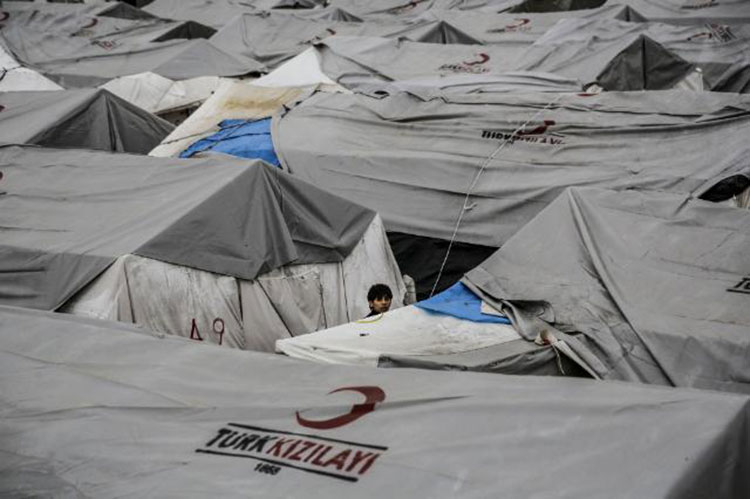Today, the Steering Committee of the Facility for Refugees in Turkey met in Brussels for the fourth time.
The European Commission reported on the solid progress made to date, including the signature of two direct grants in the areas of education and health worth €600 million and on contracts worth €422 million for humanitarian aid.
During today’s meeting, the participants welcomed progress achieved on the disbursement of support to refugees, which has been fast-tracked during the past months. Of the overall €3 billion, 34 projects have been contracted worth €1.252 million, out of which €467 million has been disbursed.
Commissioner for European Neighbourhood Policy & Enlargement Negotiations, Johannes Hahn, said: “During the summer we have made considerable progress, in particular with two newly signed direct grants. Almost half a million Syrian children will now have the opportunity to go to school, and some two million refugees will have access to healthcare services. We look forward to signing additional contracts to cover other needs in the areas of education, healthcare, municipal infrastructure and socio-economic support in the near future.”
Commissioner for Humanitarian Aid and Crisis Management, Christos Stylianides, said: “The EU is stepping up its humanitarian aid with innovative programmes to support the most vulnerable refugees. For example, our new Emergency Social Safety Net will make a significant difference in the lives of children, women and men who have had to flee conflict and violence. Together with the World Food Programme and our Turkish partners we have developed an innovative system that can deliver what people need, where it is needed most, and in the most effective way possible.”
€600 million for education and health
Together, the two grants (€300 million for education and €300 million for health) will provide almost half a million Syrian children with access to education. The grants will also allow around two million people access to primary healthcare services through the creation of over 500 healthcare facilities, and rehabilitative mental health services for up to one million people. In addition, family planning, prevention of communicable diseases, recruitment and training of healthcare staff and outreach activities will be provided.
Humanitarian aid funding
During the meeting, the Commission also presented the EU’s flagship Emergency Social Safety Net (ESSN) humanitarian aid programme, which is set to provide a monthly electronic cash grant to benefit 1 million refugees in Turkey using direct cash-transfers to cover the everyday needs of the most vulnerable refugees in Turkey. The Commission also presented the €74 million projects for humanitarian assistance contracted this past summer.
Next steps
The European Commission informed representatives at the meeting of the Steering Committee that a common results framework is under preparation, which it intends to present at the next meeting of the Steering Committee. The issues of gender, age and diversity were also discussed to ensure that actions funded by the Facility are relevant to the challenges faced by all refugees. An update was provided on recent visibility activities.
The Commission will continue to prepare agreements under the Special Measure and aim to have a further €100 million worth of socio-economic support projects signed with IFIs in the next months, with the rest following early next year.




